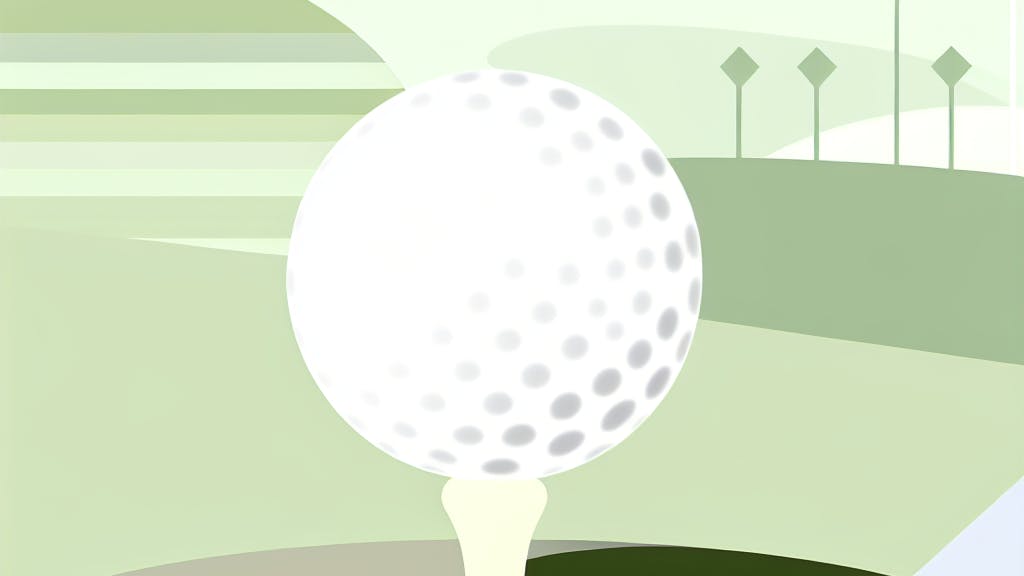
5 Benefits of Soft Golf Balls
Soft golf balls can improve your game, especially if you have a slower swing speed or want to enhance your short game. Here's a quick overview of their benefits:
- Better feel and control around greens
- Increased spin for shaping shots
- Improved performance for slower swing speeds
- Better performance in cold weather
- More forgiving on off-center hits
Quick Comparison:
| Feature | Soft Golf Balls | Hard Golf Balls |
|---|---|---|
| Compression | Lower (30-65) | Higher (66-120) |
| Best for swing speed | Slower (<100 MPH) | Faster (>100 MPH) |
| Feel | Softer, easier to control | Firmer |
| Spin | More | Less |
| Distance | Good for slower swings | Best for faster swings |
| Control | Better, especially near greens | Needs more skill |
| Durability | Don't last as long | Last longer |
| Weather performance | Better in cold weather | Better in warm weather |
Soft golf balls are made with materials like rubber and polybutadiene, giving them a unique feel and performance. If you're looking to improve your short game or need more forgiveness, soft golf balls might be worth trying.
Related video from YouTube
1. Better Feel and Control
Soft golf balls help players improve their feel and control, especially in short-range shots. This makes a big difference when playing near the green, where accuracy matters most.
How Soft Balls Work
Soft golf balls are easier to compress when hit. This means:
- Players get more feedback from each shot
- It's easier to judge how hard to hit the ball
- Shots are more precise
Spin
Soft golf balls spin more than hard ones. More spin lets players:
- Shape shots around obstacles
- Stop the ball quickly on the green
- Have more control over where the ball goes
| Feature | Soft Golf Balls | Hard Golf Balls |
|---|---|---|
| Spin | More | Less |
| Control | Better | Not as good |
| Shaping shots | Easier | Harder |
Soft golf balls can help both new and experienced players. If you want to get better at short shots or need more forgiveness in your game, soft golf balls might be a good choice.
2. Increased Spin
Soft golf balls can spin more than harder ones. This extra spin can help players do better on the course, especially for shots near the green.
Spin Rate
Soft golf balls spin more because of their soft cover, often made of urethane. When hit, this cover grips the club's grooves better, creating more spin. This happens most with shorter clubs like wedges.
More spin helps players:
- Control approach shots better
- Stop the ball quickly on greens
- Shape shots around obstacles
For those wanting to improve their short game, soft golf balls can make a big difference. They allow for more aggressive shots to greens and better control around tricky spots.
Cold Weather Play
Soft golf balls work well in cold weather too. They stay flexible when it's cold, while harder balls might not work as well. This is good for golfers who play in cool weather or during early spring and late fall.
| Feature | Soft Golf Balls | Hard Golf Balls |
|---|---|---|
| Spin | More | Less |
| Control | Better | Not as good |
| Cold Weather Use | Works well | Not as good |
3. Improved Performance for Slower Swing Speeds
Soft golf balls help players who swing slower, like seniors and beginners. These balls make it easier to hit well and have fun, even if you can't swing as fast as other golfers.
Compression Rating
Soft golf balls are easier to squish when hit. This helps players who swing slower:
| Compression | Best for Swing Speed |
|---|---|
| Low (40-80) | Under 90 mph |
| High (90+) | Over 90 mph |
Balls that squish more (40-80) work well for swings under 90 mph. They bounce off the club better, which can help the ball go farther.
Spin Rate
Soft golf balls spin less on long shots. This is good for slower swingers because:
- Balls fly straighter
- Balls might go farther
- Balls stay in the air longer
Easier to Hit Well
Soft golf balls are more forgiving when you don't hit them perfectly:
- They don't curve as much on off-center hits
- They fly straighter more often
- They can boost confidence for new players
This makes the game more fun for seniors and beginners who are still working on hitting the ball well every time.
sbb-itb-ea6abd0
4. Better Performance in Cold Weather
Soft golf balls work well when it's cold outside. They help golfers play better when temperatures drop.
Compression Rating
How golf balls work in cold weather:
| Compression | Cold Weather Performance |
|---|---|
| Low (40-80) | Works better |
| High (90+) | May not work as well |
Softer balls with low compression are easier to hit when it's cold.
How They Work in Cold Weather
Soft golf balls do well in cold weather because:
- They stay flexible when cold
- They can go farther
- They hurt less when you hit them
Some soft balls made for cold weather are Bridgestone e6 Soft, Srixon Soft Feel, and Callaway Chrome Soft.
Easy to Use
Soft golf balls are good in cold weather:
- They fly straighter
- They don't lose as much distance on bad hits
- They feel better to hit, which can make you more confident
| Feature | Soft Balls in Cold Weather |
|---|---|
| Flight | Straighter |
| Distance on Bad Hits | Less loss |
| Feel | More comfortable |
These features make soft balls a good choice for playing golf when it's cold outside.
5. Increased Forgiveness
Soft golf balls help players hit better shots, even when they don't hit the ball perfectly. This is good for new players and those who are still learning.
How Soft Balls Help
Soft golf balls make it easier to play well because:
-
Big centers: The middle of soft balls is bigger. This helps the ball fly straighter when hit with slower clubs.
-
Less spin: The soft outside of the ball stops it from spinning too much. This means shots go straighter, even if you don't hit the ball just right.
-
Better feel: When you hit a soft ball, you can feel it better. This helps you learn how to hit better.
Here's how soft and hard golf balls compare:
| What happens | Soft Golf Balls | Hard Golf Balls |
|---|---|---|
| Bad hits | Still okay | Not as good |
| Distance lost on bad hits | Not much | More |
| How it feels to hit | Nice | Hard |
| Short shots | Easier to control | Harder to control |
Many golfers, even some pros, like soft balls because they're easier to use. Soft balls can help you play better, especially for short shots.
If you want to try soft balls, you could start with Taylormade Tour Response. These balls are a bit soft (73 out of 100) and have a special cover. They're good for getting better without losing too much distance on your shots.
Soft vs. Hard Golf Balls
When picking between soft and hard golf balls, it's good to know how they're different and how they can change your game. Here's a look at the main features of soft and hard golf balls:
| Feature | Soft Golf Balls | Hard Golf Balls |
|---|---|---|
| Compression | Lower (30-65) | Higher (66-120) |
| Best for swing speed | Slower (<100 MPH) | Faster (>100 MPH) |
| How they feel | Softer, easier to control | Firmer |
| Spin | More spin | Less spin |
| Distance | Good for slower swings | Best for faster swings |
| Control | Better, especially near greens | Needs more skill |
| How long they last | Don't last as long | Last longer |
| Weather | Work well in cold weather | Better in warm weather |
Soft golf balls are made to squish more when hit. They work best for players who swing slower (under 100 MPH). These balls are easier to control, especially for short shots near the green.
Hard golf balls don't squish as much. They're better for players who swing faster (over 100 MPH). These balls can go farther when hit hard.
Soft balls spin more when hit. This can help keep the ball in the air longer and give you more control on shots to the green. Hard balls don't spin as much, which can make shots go straighter, especially from the tee.
For distance, hard balls can go farther for fast swingers. Soft balls don't go as far for fast swingers, but they're good for slower swings. Soft balls are often easier to control for short shots.
Hard balls last longer and can take more hits. Soft balls don't last as long but work better in cold weather.
Choosing between soft and hard golf balls depends on how you swing, how you play, and what you like. It's a good idea to try different balls to see which ones work best for you.
Wrap-up
Soft golf balls can help you play better, especially if you're new to golf or don't swing very fast. Here's a quick look at why they're good:
| Benefit | How it helps |
|---|---|
| Better feel | Easier to know how hard to hit |
| More spin | Better control of shots |
| Good for slow swings | Works well if you don't hit hard |
| Works in cold weather | Stays soft when it's cold outside |
| Forgiving | Still okay if you don't hit perfectly |
When picking between soft and hard golf balls, think about:
- How fast you swing
- Where you play (cold or warm weather)
- What feels good to you
It's a good idea to try different balls to see what works best for you. Even some pro golfers use soft balls because they like how they work.
The right ball can make golf more fun and help you play better. No matter if you're just starting or have played for years, picking the right ball is important.
Remember:
- Soft balls are good for new players and slow swingers
- Hard balls are better for fast swingers
- Try different balls to find what you like best
Picking the right golf ball can help you enjoy the game more and maybe even lower your score.
FAQs
When should you use soft golf balls?
Use soft golf balls when:
- Your swing speed is under 90 mph
- You want better control on short shots
- Your shots often roll off the green
Soft balls can help you play better, especially near the green.
When to use soft golf balls?
Use soft golf balls if:
- Your swing is slower than 90 mph
- You need more control on short shots
- You want to improve your game near the green
Soft balls can make short shots easier to control.
How do you know if a golf ball is hard or soft?
Golf balls have a number that shows how hard they are:
| Compression Number | Ball Type |
|---|---|
| 30-65 | Soft |
| 66-110 | Hard |
Lower numbers mean softer balls.
What does it mean if a golf ball is soft?
Soft golf balls:
- Squish more when hit
- Spin more
- Are easier to control on short shots
- Can go farther for slow swingers
- Feel softer when you hit them
They can help players who don't swing very fast.


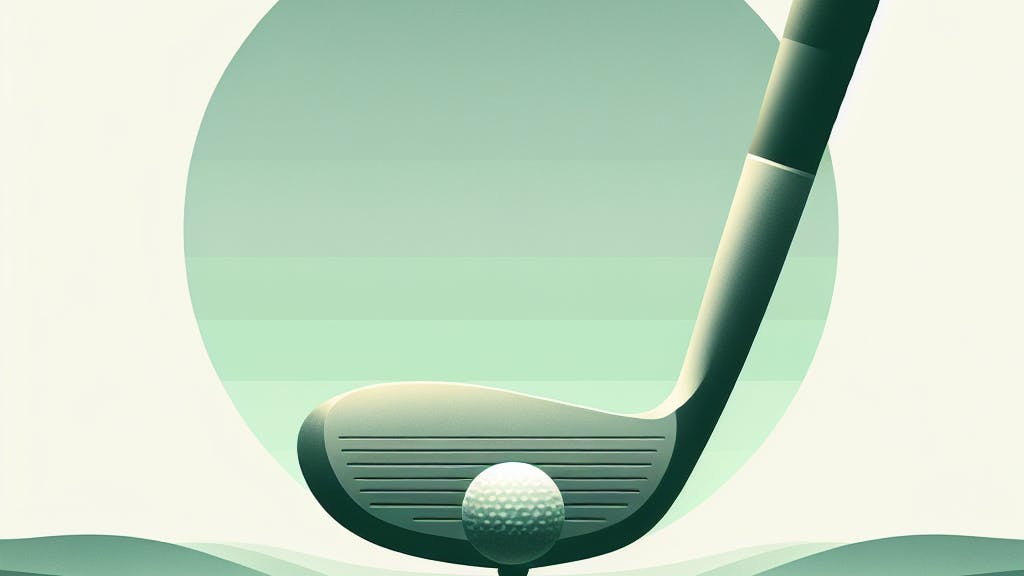
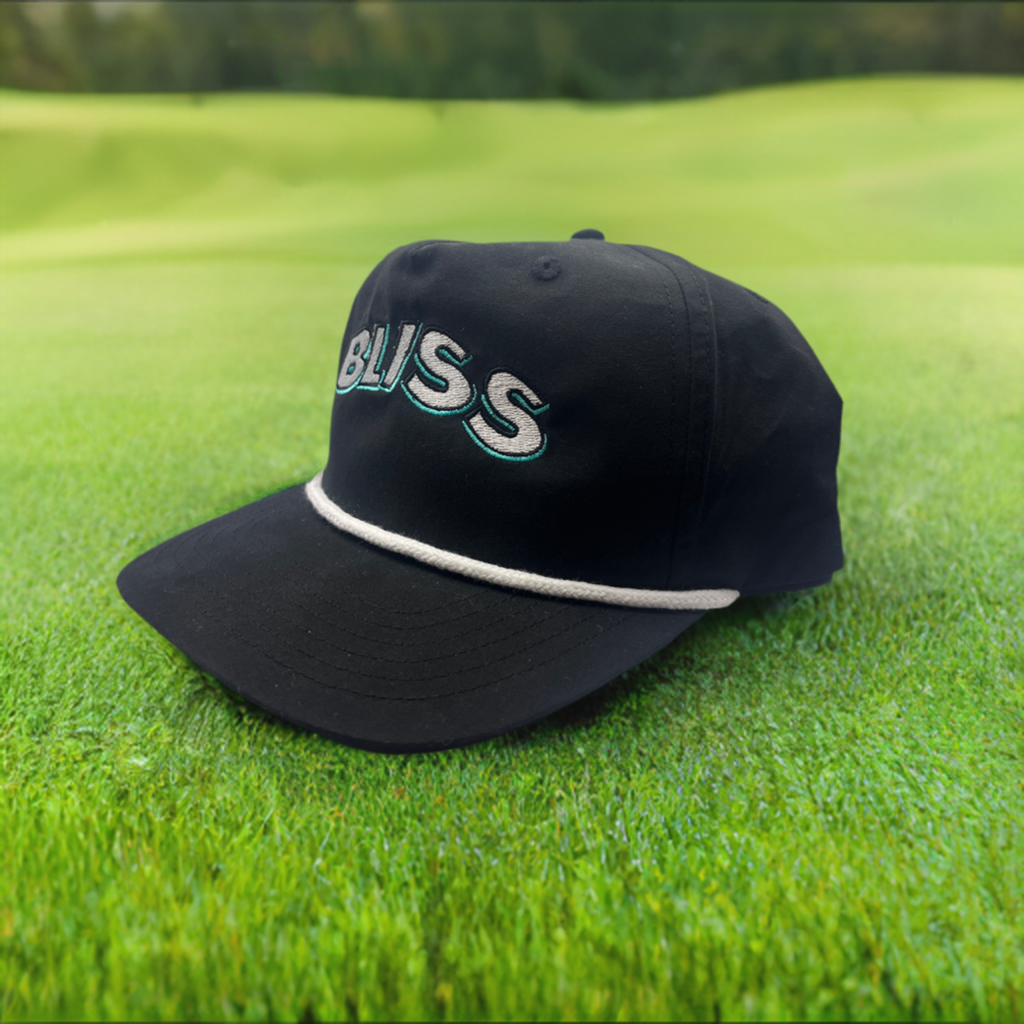
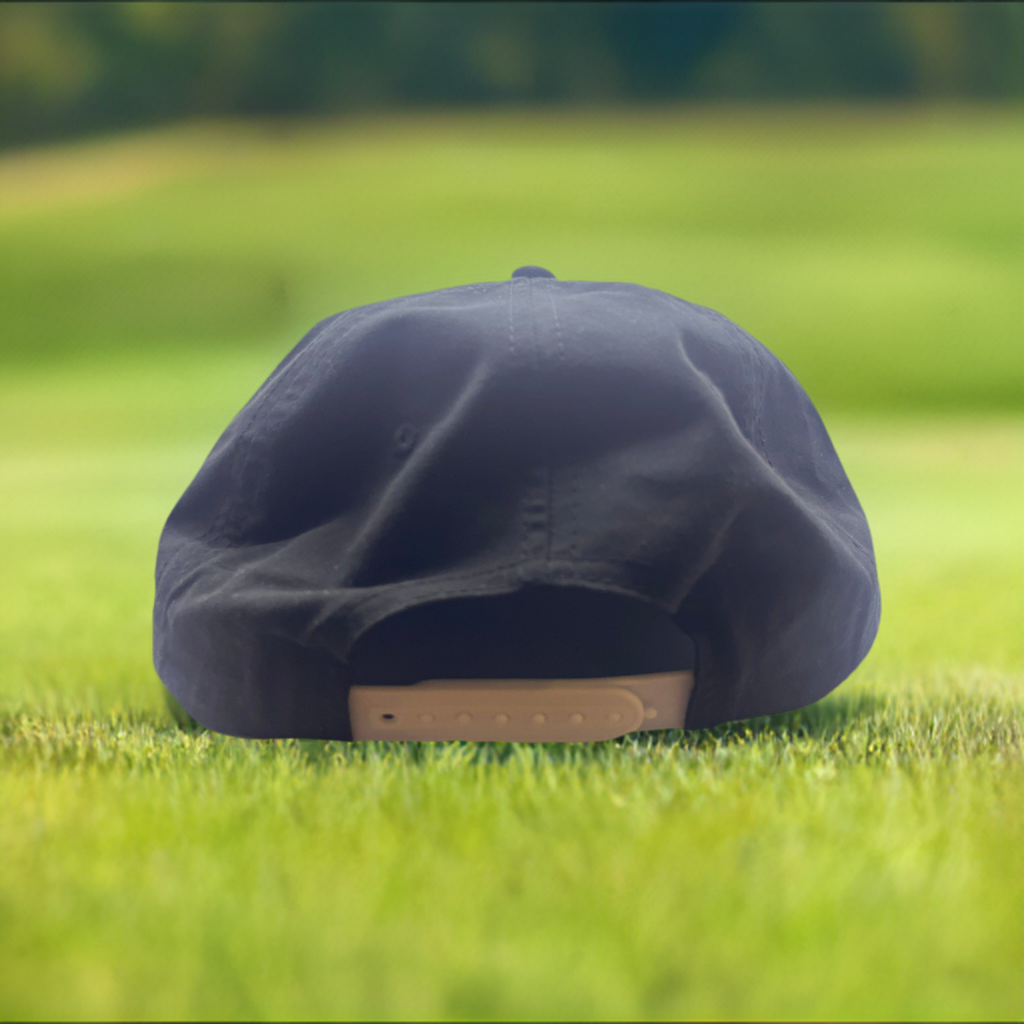
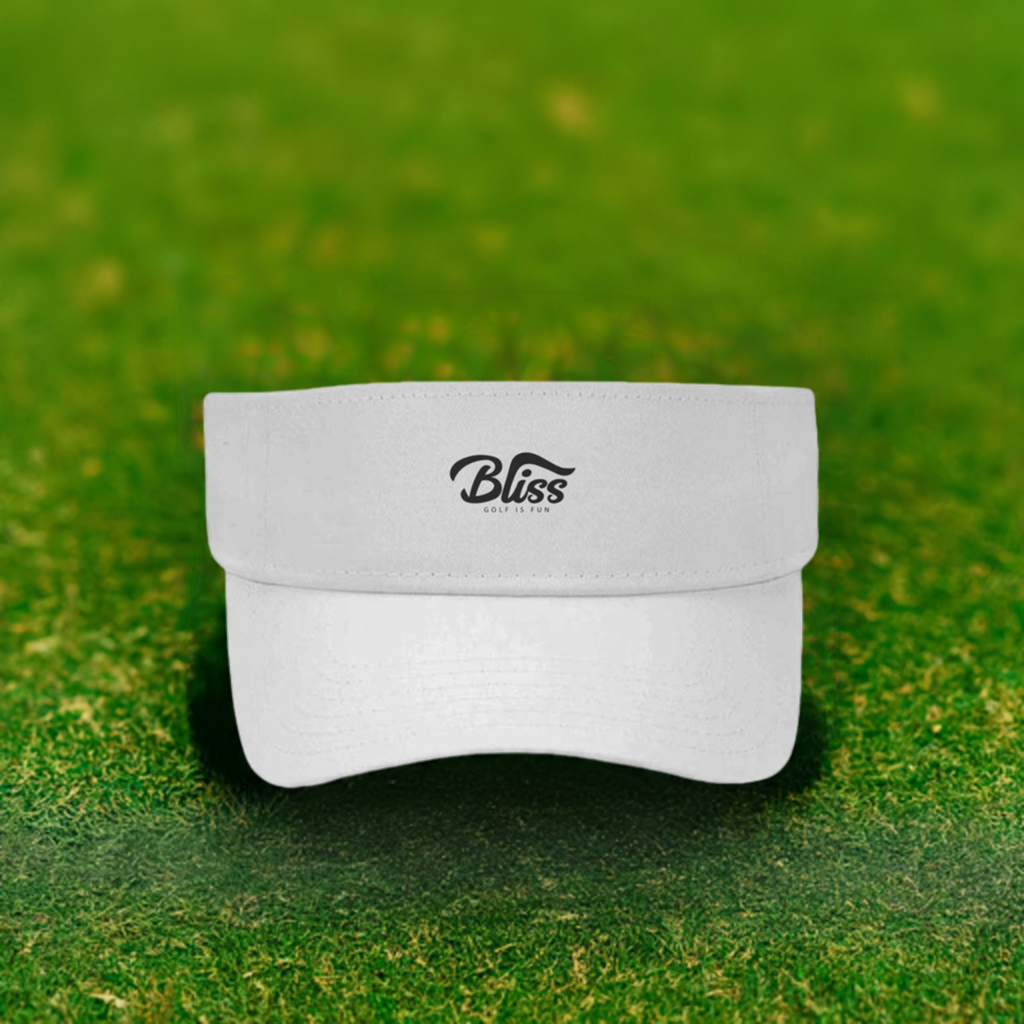
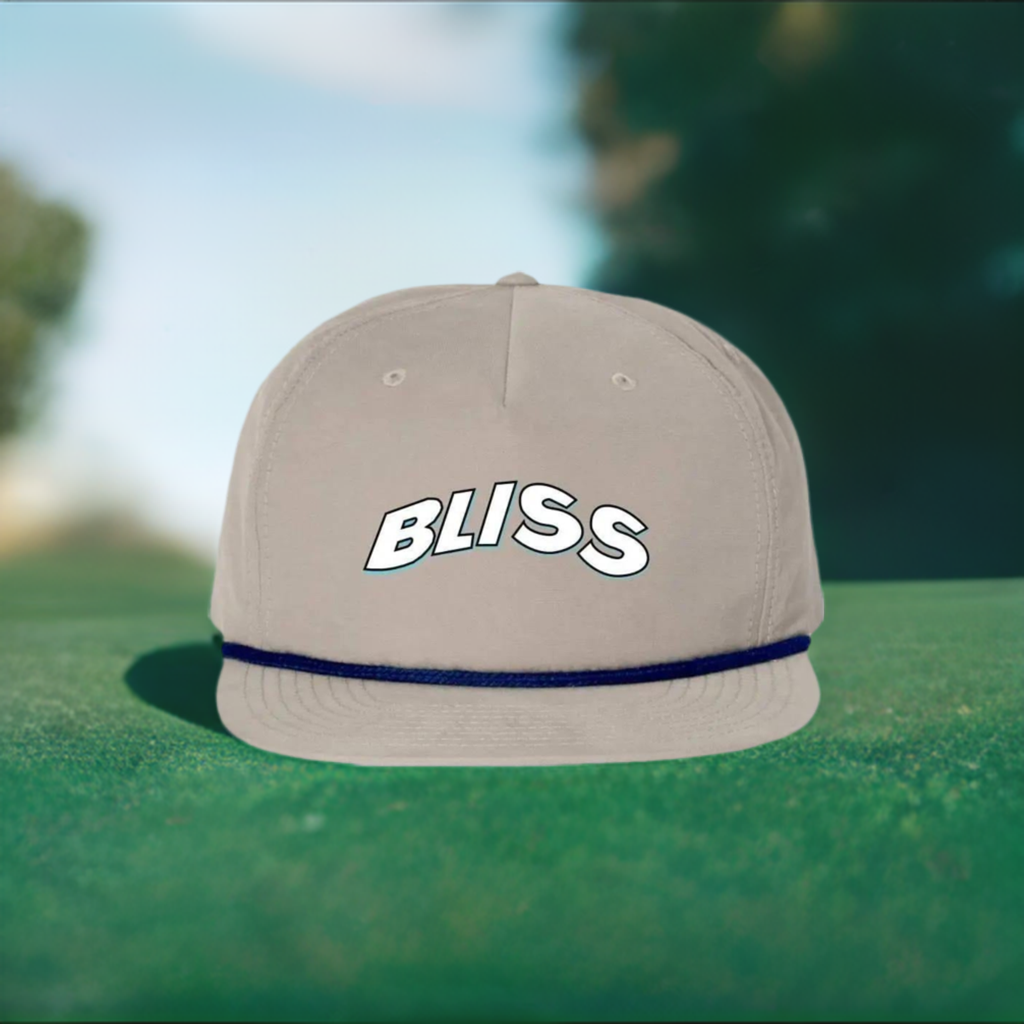
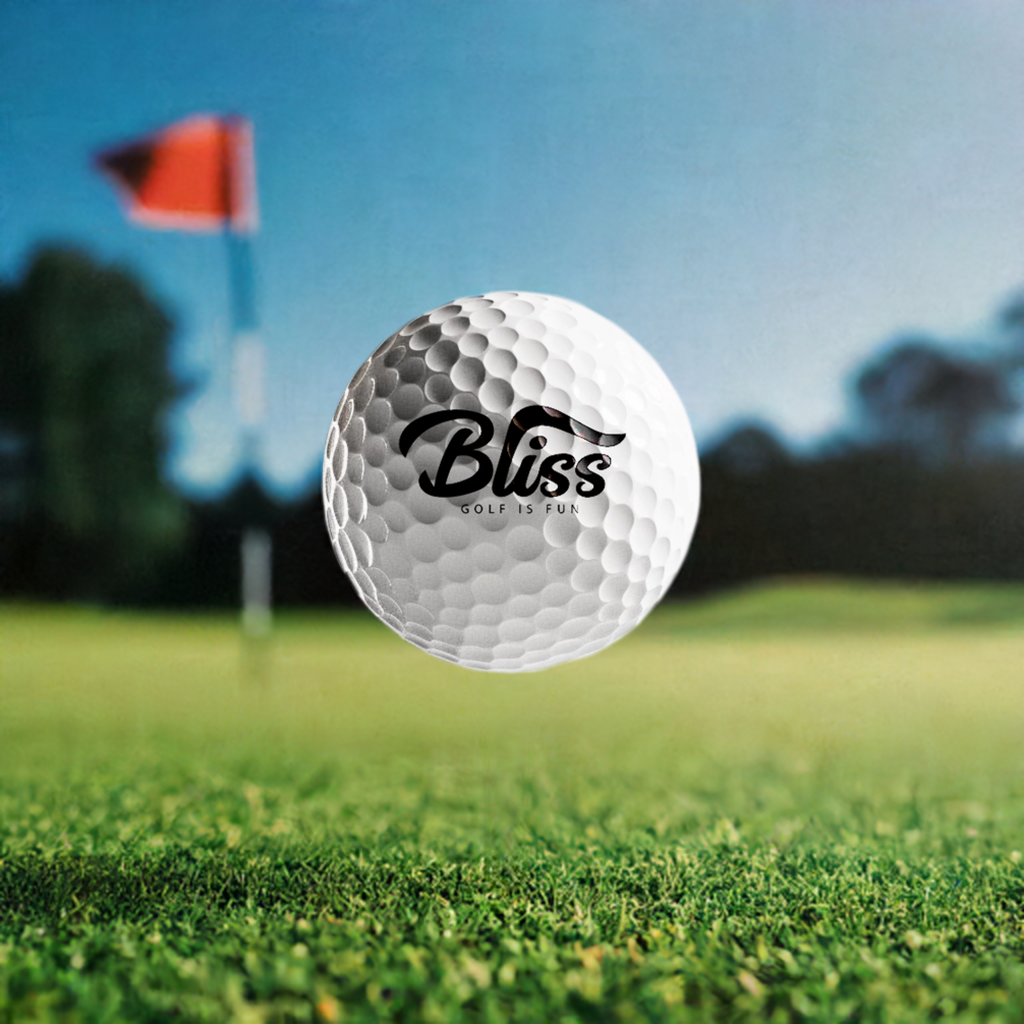
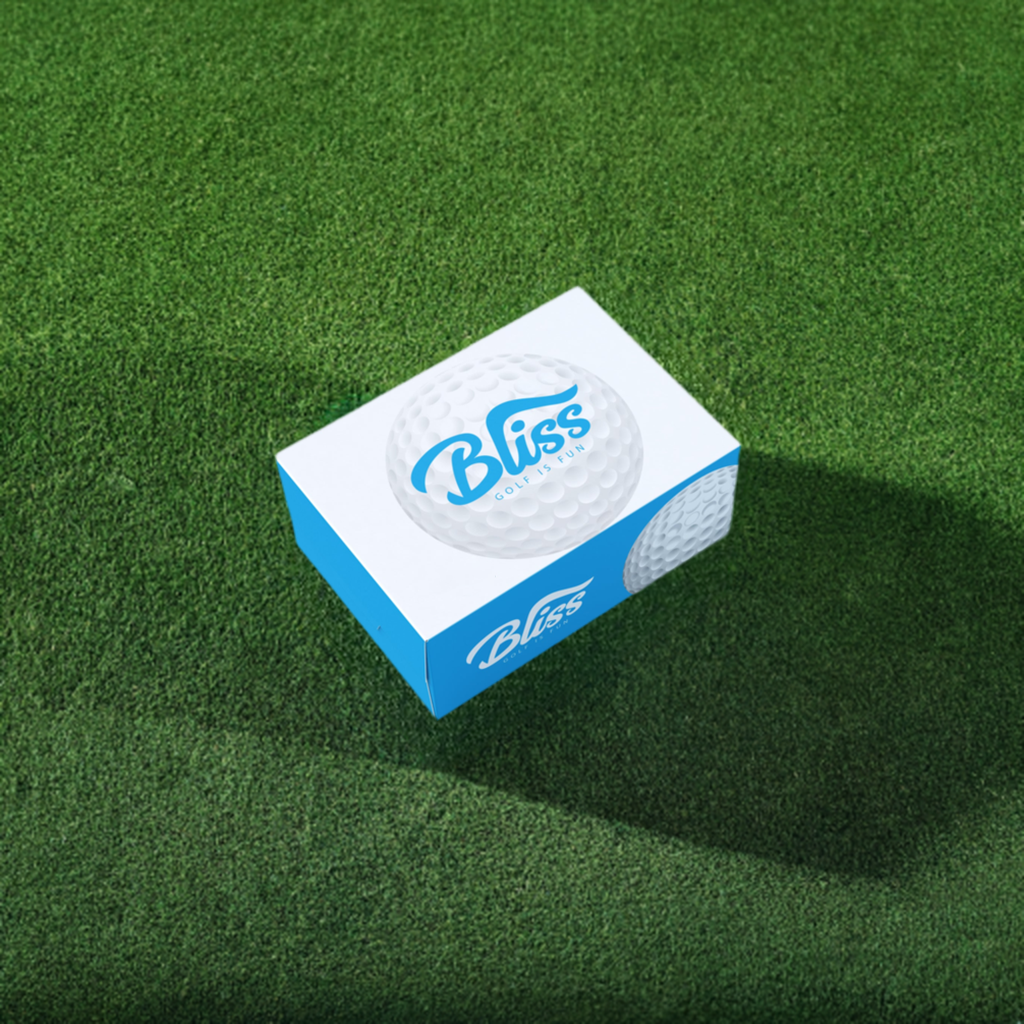

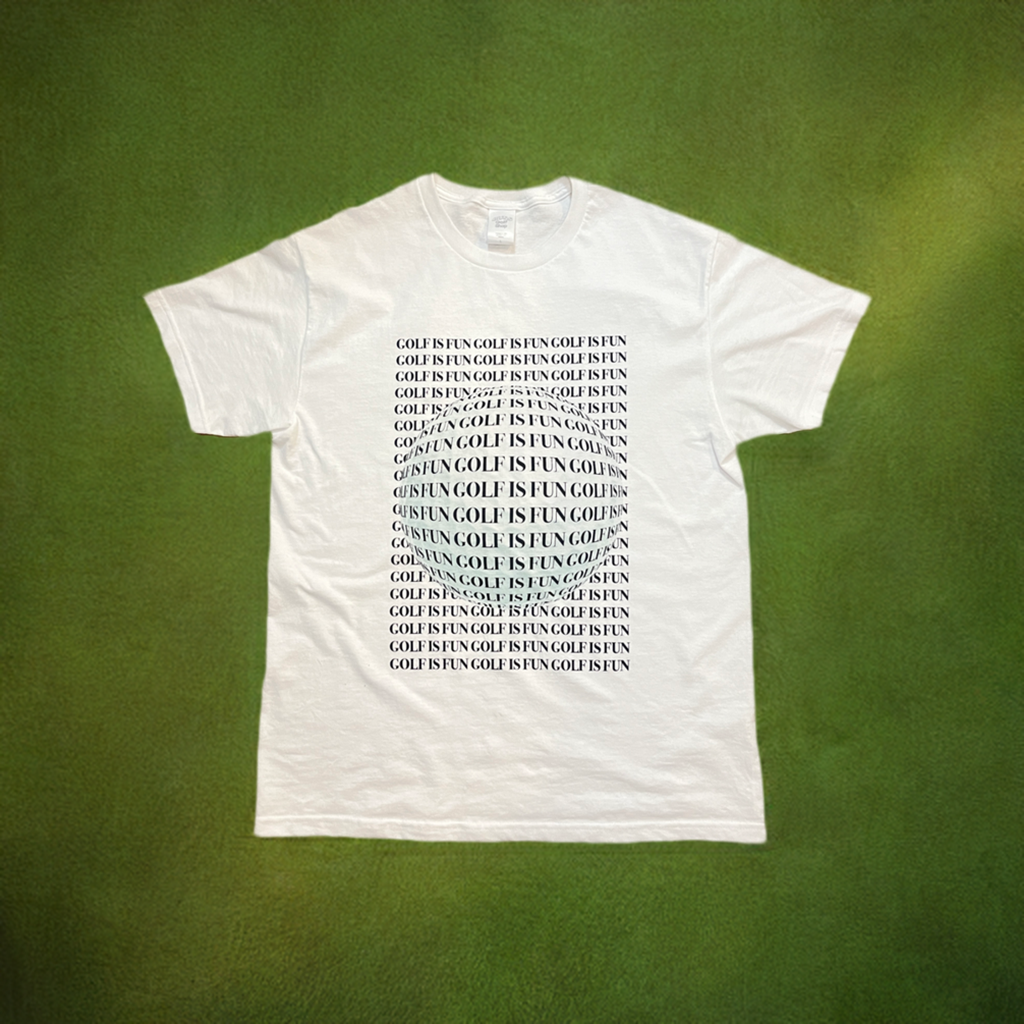
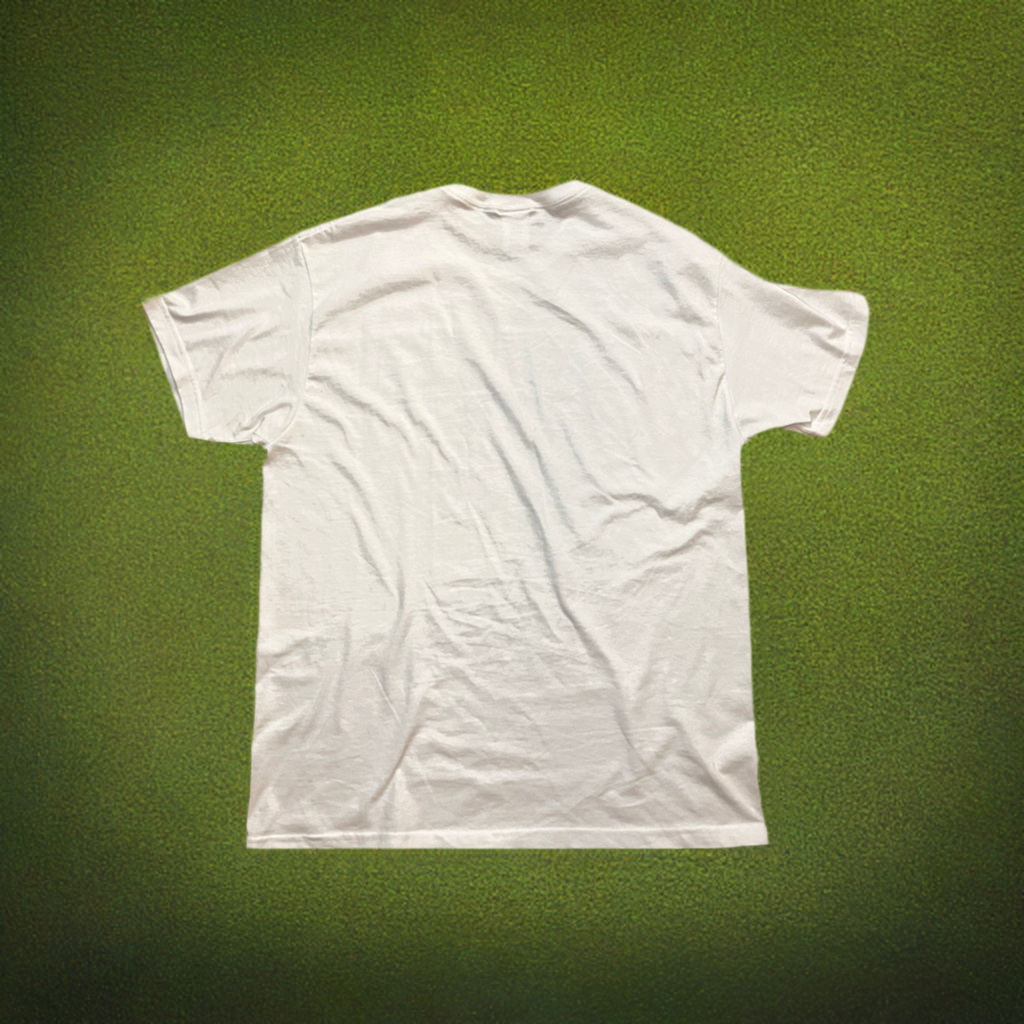
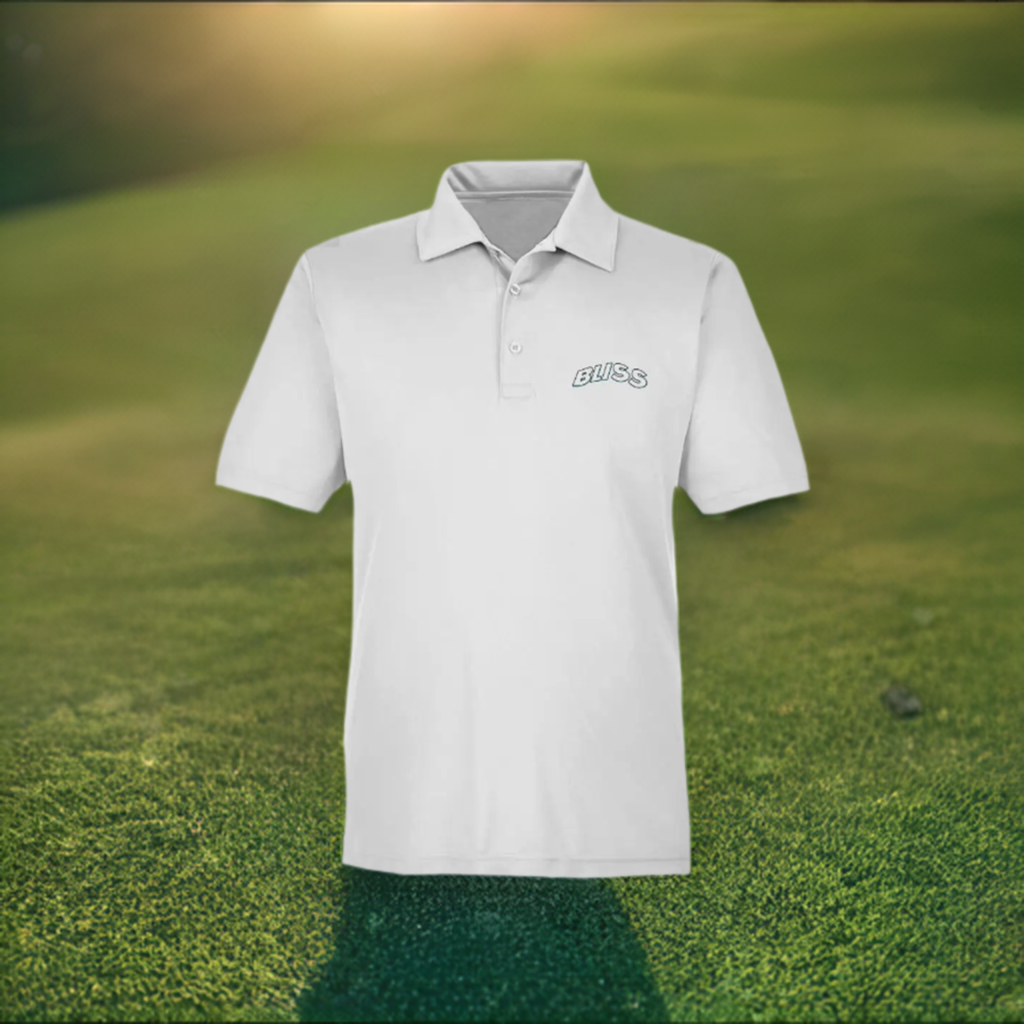
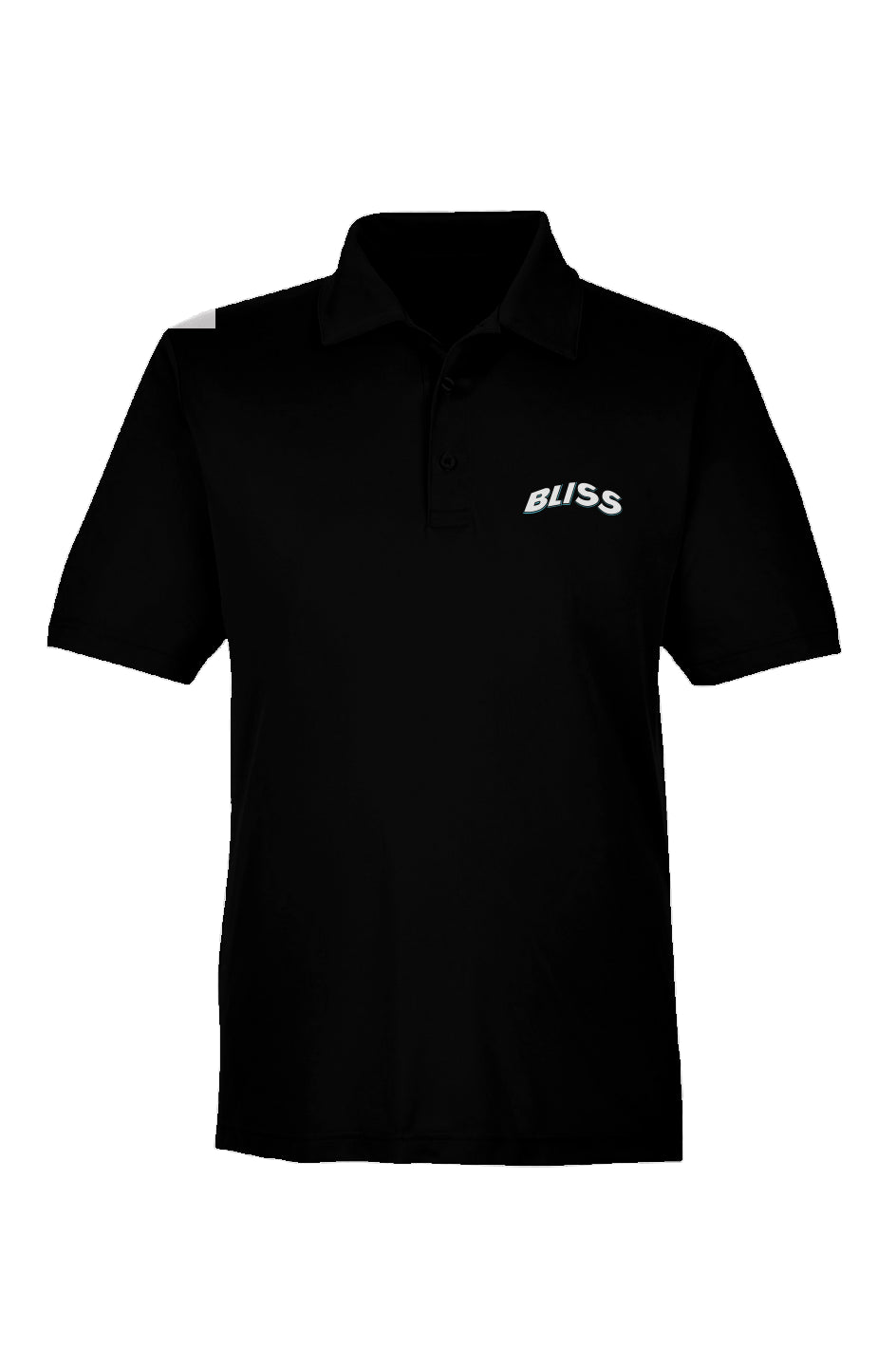
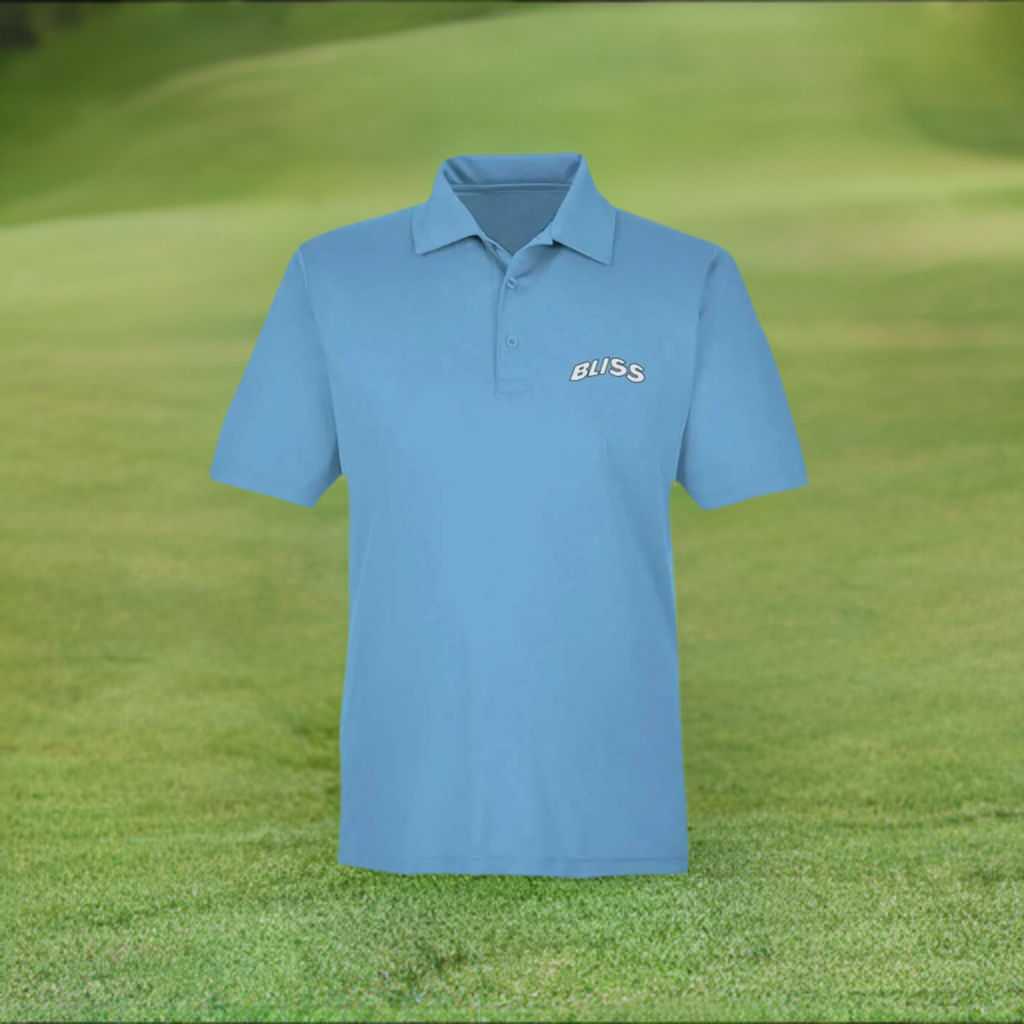
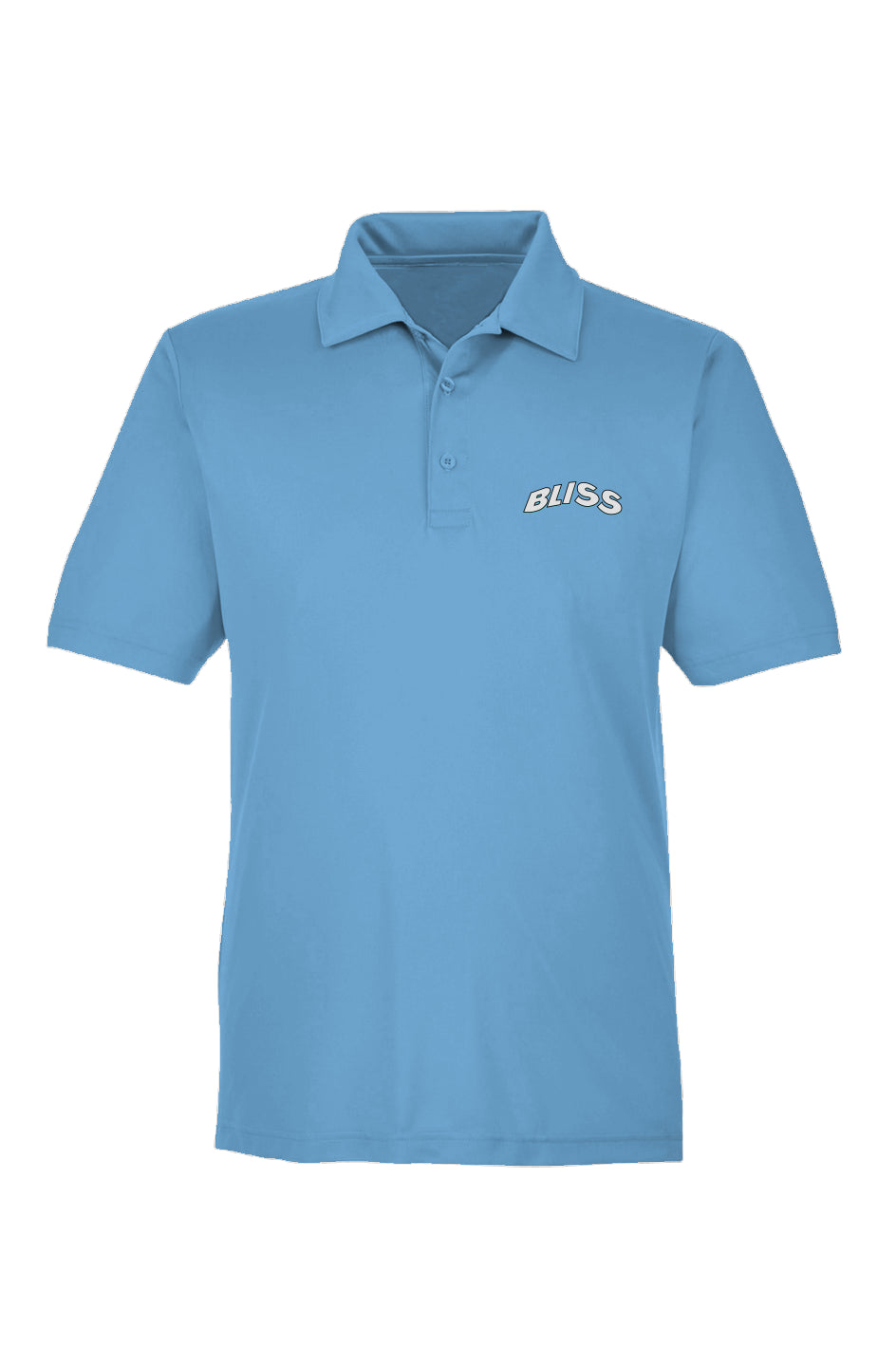
Leave a comment
This site is protected by hCaptcha and the hCaptcha Privacy Policy and Terms of Service apply.